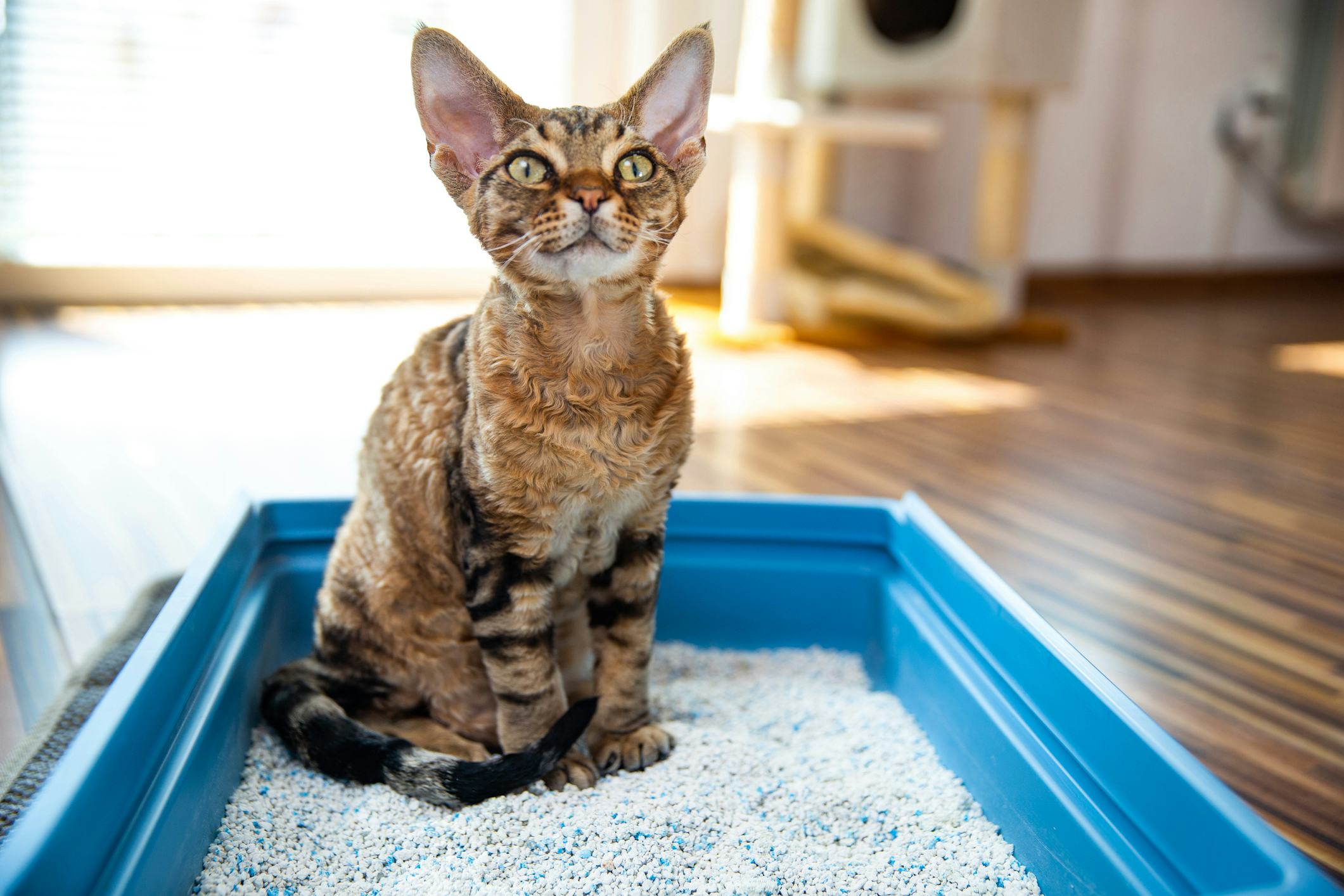Avoid Flush Cat Poop Down Your Toilet - Maintain Your Home's Plumbing Integrity
Avoid Flush Cat Poop Down Your Toilet - Maintain Your Home's Plumbing Integrity
Blog Article
What are your opinions about Don’t flush cat feces down the toilet?

Introduction
As feline proprietors, it's important to be mindful of exactly how we take care of our feline good friends' waste. While it may seem practical to flush feline poop down the toilet, this technique can have harmful effects for both the setting and human wellness.
Alternatives to Flushing
Fortunately, there are more secure and a lot more accountable ways to deal with pet cat poop. Think about the adhering to options:
1. Scoop and Dispose in Trash
The most typical method of taking care of cat poop is to scoop it right into an eco-friendly bag and throw it in the garbage. Make certain to use a committed trash scoop and throw away the waste without delay.
2. Usage Biodegradable Litter
Opt for biodegradable feline clutter made from products such as corn or wheat. These clutters are environmentally friendly and can be securely disposed of in the trash.
3. Bury in the Yard
If you have a yard, think about hiding feline waste in an assigned location far from vegetable yards and water resources. Make sure to dig deep sufficient to stop contamination of groundwater.
4. Mount a Pet Waste Disposal System
Purchase a family pet waste disposal system especially designed for feline waste. These systems use enzymes to break down the waste, minimizing smell and environmental effect.
Health Risks
In addition to environmental issues, purging pet cat waste can also pose health dangers to human beings. Pet cat feces may contain Toxoplasma gondii, a parasite that can create toxoplasmosis-- a potentially serious ailment, particularly for expecting females and people with weakened immune systems.
Environmental Impact
Purging pet cat poop presents hazardous microorganisms and bloodsuckers right into the water, posing a significant risk to aquatic environments. These pollutants can negatively impact marine life and compromise water high quality.
Conclusion
Responsible pet dog possession expands beyond offering food and shelter-- it also entails appropriate waste monitoring. By refraining from purging cat poop down the toilet and opting for alternate disposal approaches, we can reduce our environmental impact and secure human health.
Why Can’t I Flush Cat Poop?
It Spreads a Parasite
Cats are frequently infected with a parasite called toxoplasma gondii. The parasite causes an infection called toxoplasmosis. It is usually harmless to cats. The parasite only uses cat poop as a host for its eggs. Otherwise, the cat’s immune system usually keeps the infection at low enough levels to maintain its own health. But it does not stop the develop of eggs. These eggs are tiny and surprisingly tough. They may survive for a year before they begin to grow. But that’s the problem.
Our wastewater system is not designed to deal with toxoplasmosis eggs. Instead, most eggs will flush from your toilet into sewers and wastewater management plants. After the sewage is treated for many other harmful things in it, it is typically released into local rivers, lakes, or oceans. Here, the toxoplasmosis eggs can find new hosts, including starfish, crabs, otters, and many other wildlife. For many, this is a significant risk to their health. Toxoplasmosis can also end up infecting water sources that are important for agriculture, which means our deer, pigs, and sheep can get infected too.
Is There Risk to Humans?
There can be a risk to human life from flushing cat poop down the toilet. If you do so, the parasites from your cat’s poop can end up in shellfish, game animals, or livestock. If this meat is then served raw or undercooked, the people who eat it can get sick.
In fact, according to the CDC, 40 million people in the United States are infected with toxoplasma gondii. They get it from exposure to infected seafood, or from some kind of cat poop contamination, like drinking from a stream that is contaminated or touching anything that has come into contact with cat poop. That includes just cleaning a cat litter box.
Most people who get infected with these parasites will not develop any symptoms. However, for pregnant women or for those with compromised immune systems, the parasite can cause severe health problems.
How to Handle Cat Poop
The best way to handle cat poop is actually to clean the box more often. The eggs that the parasite sheds will not become active until one to five days after the cat poops. That means that if you clean daily, you’re much less likely to come into direct contact with infectious eggs.
That said, always dispose of cat poop in the garbage and not down the toilet. Wash your hands before and after you clean the litter box, and bring the bag of poop right outside to your garbage bins.
https://trenchlesssolutionsusa.com/why-cant-i-flush-cat-poop/

I hope you liked our topic about Don’t flush cat feces down the toilet. Thanks so much for taking the time to browse our post. Do you know another individual who is inquisitive about Don’t flush cat feces down the toilet? Do not hesitate to share it. Thanks a lot for your time. Visit us again soon.
Call Today Report this page